Researcher
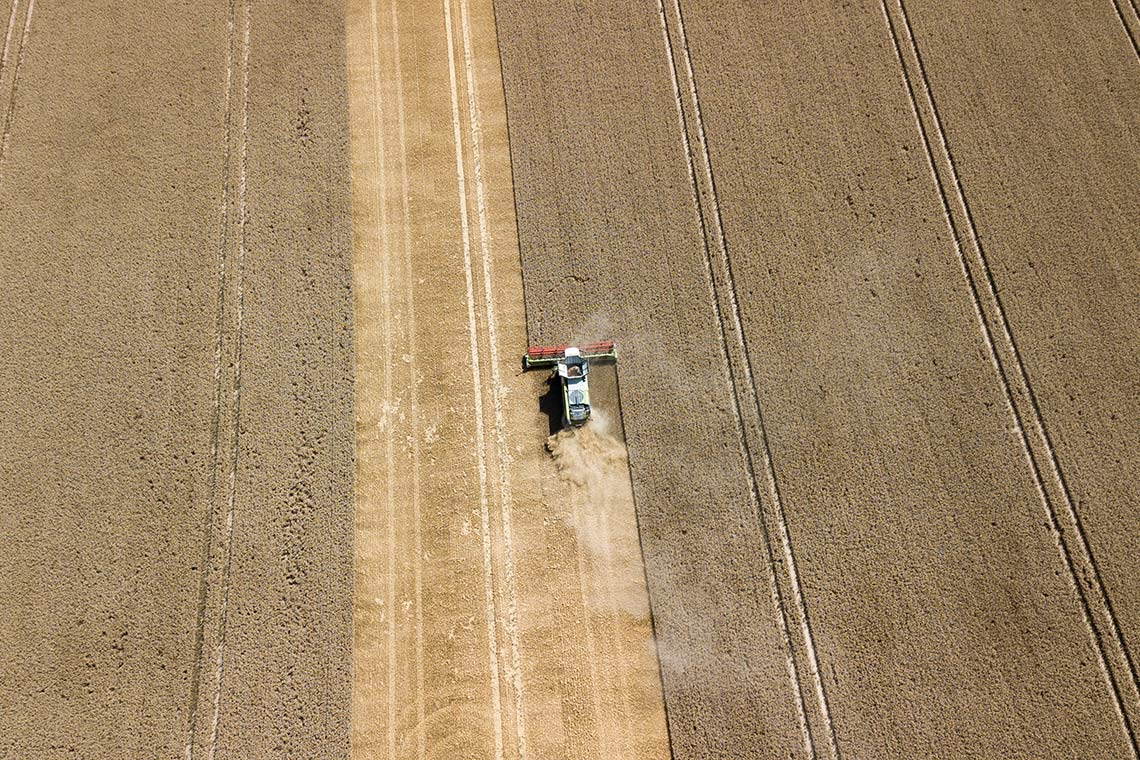
U of T-led study finds global crop diversity on the decline
A new University of Toronto study suggests we’re growing more of the same kinds of crops around the world, presenting a major challenge to agricultural sustainability.

Oil sands emissions greatly underestimated, research shows
A new comprehensive modeling assessment of contamination in the Athabasca Oil Sands Region indicates that officially reported emissions of certain hazardous air pollutants have been greatly underestimated.
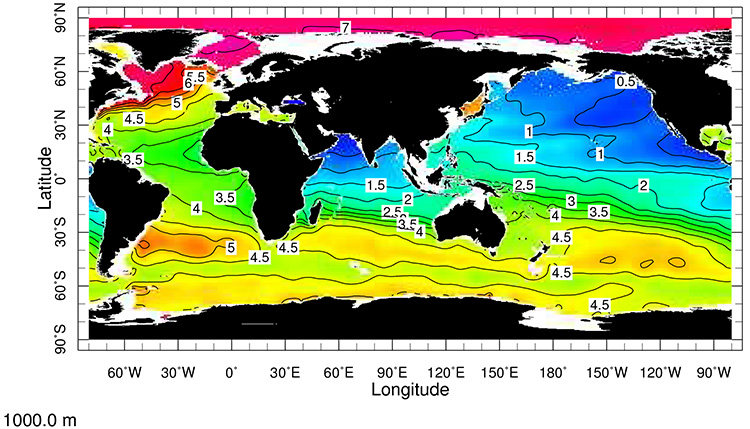
U of T scientists draw new connections between climate change and warming oceans
It happened once before, and it could happen again. That’s the warning from ocean scientists at the University of Toronto and the University of California, Santa Cruz in a study published recently in Science that shows how an increase in CO2 in Earth’s atmosphere more than 50 million years ago dramatically changed the chemistry of the planet’s oceans.
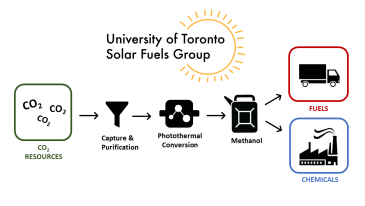
U of T team awarded major funding for greenhouse gas project
Researcher Geoff Ozin and the Solar Fuels Team at the University of Toronto have been awarded close to $1 million from the Low Carbon Innovation Fund (LCIF) to translate their greenhouse gas research to scale.
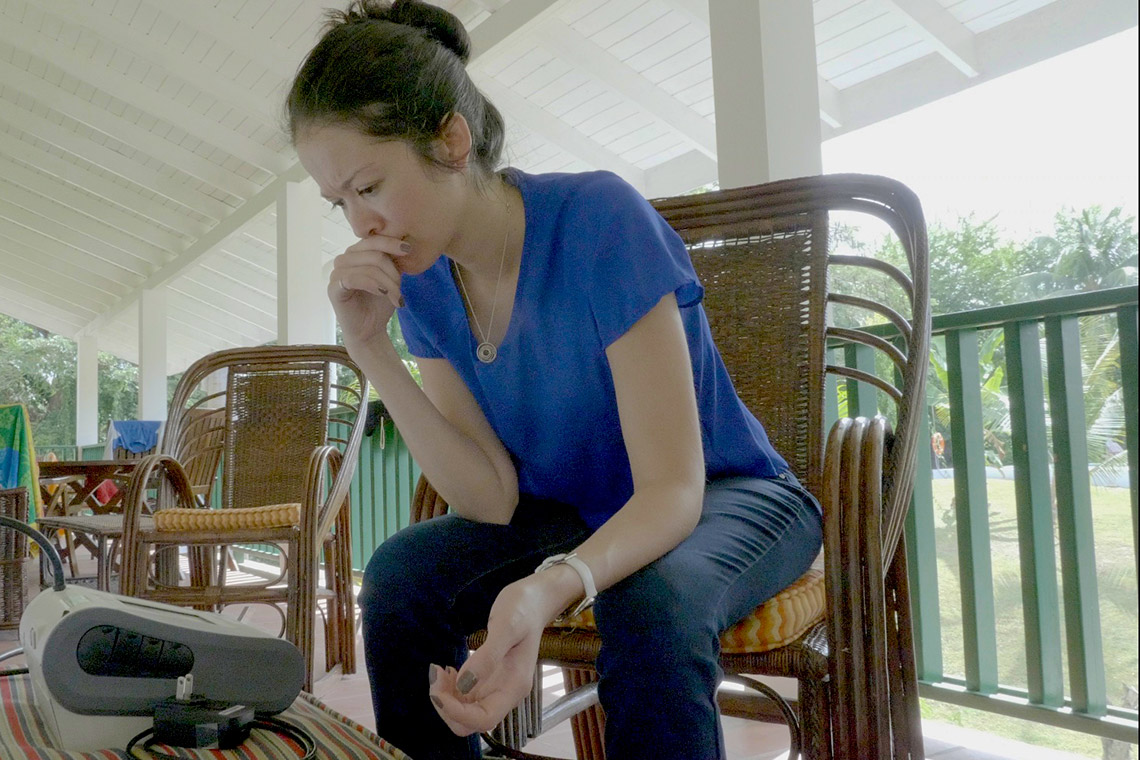
“Nobody monitors air quality here”: U of T researcher returns home to study Trinidad and Tobago emissions
A new study by a graduate student in the University of Toronto’s Faculty of Applied Science & Engineering measured significant concentrations of traffic-related air pollution near roadways in the small island nation of Trinidad and Tobago, reaching levels comparable to highways in major urban centres like Toronto and Detroit.
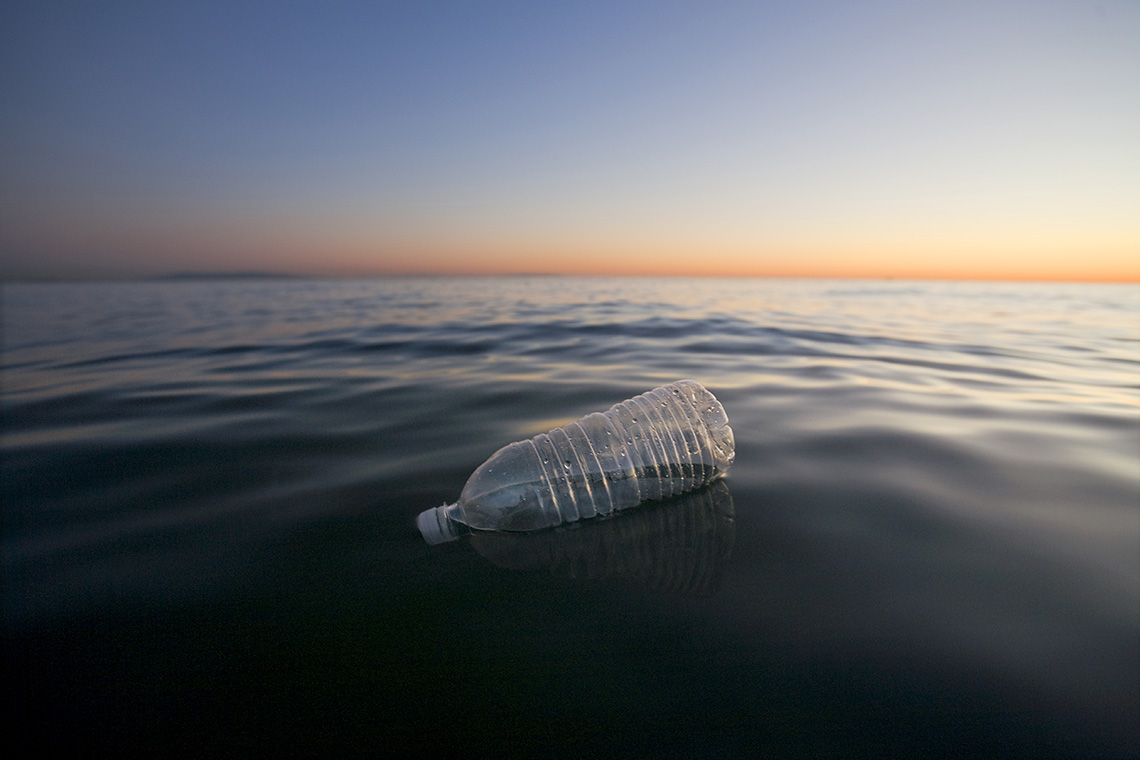
Plastic not just a problem in our oceans, also affecting the Great Lakes: U of T research
Chelsea Rochman, assistant professor of ecology and evolutionary biology at the University of Toronto, says we should be paying close attention to what’s taking place closer to home in the Great Lakes.
“The contamination in the Great Lakes and other bodies of freshwater from plastics and microplastics is ubiquitous,” says Rochman, who looks at plastic debris and its associated chemical contaminants.
